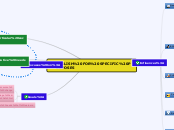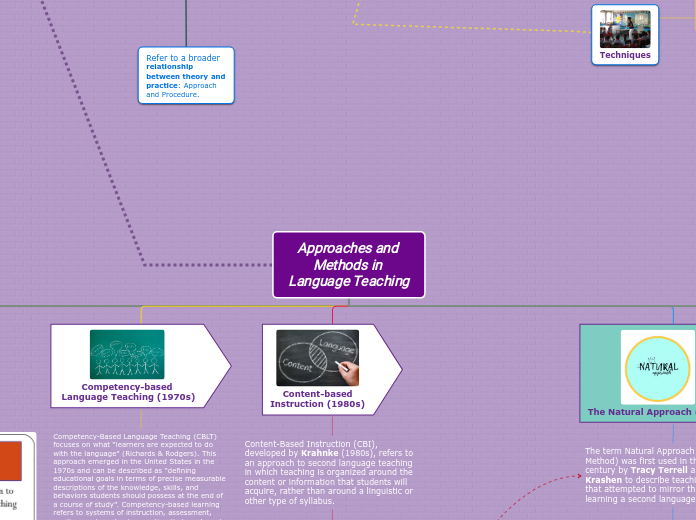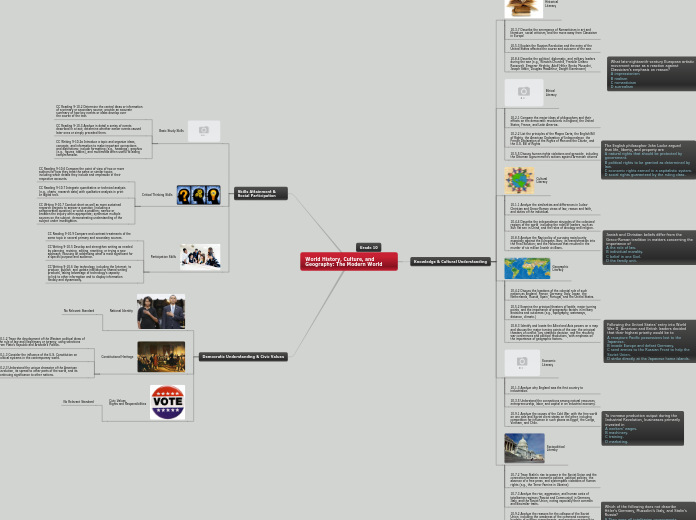jonka LILIANA LUNA 6 vuotta sitten
186
ENGLISH FOR SPECIFIC PURPOSES
English for Specific Purposes (ESP) aims to equip learners with the necessary language skills to fulfill specific roles and meet their unique needs. It emphasizes understanding how discourse shapes and reflects social communities.









